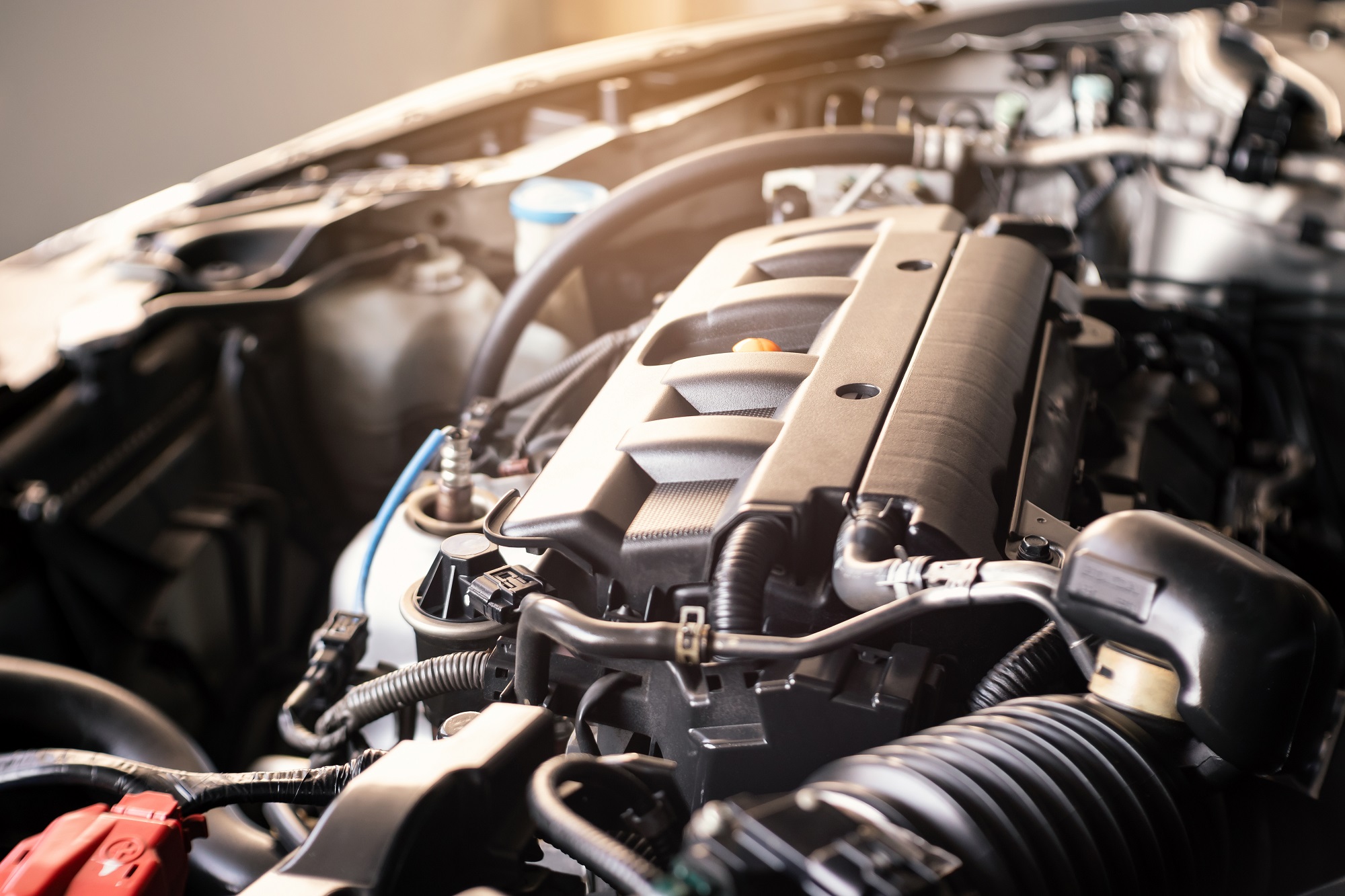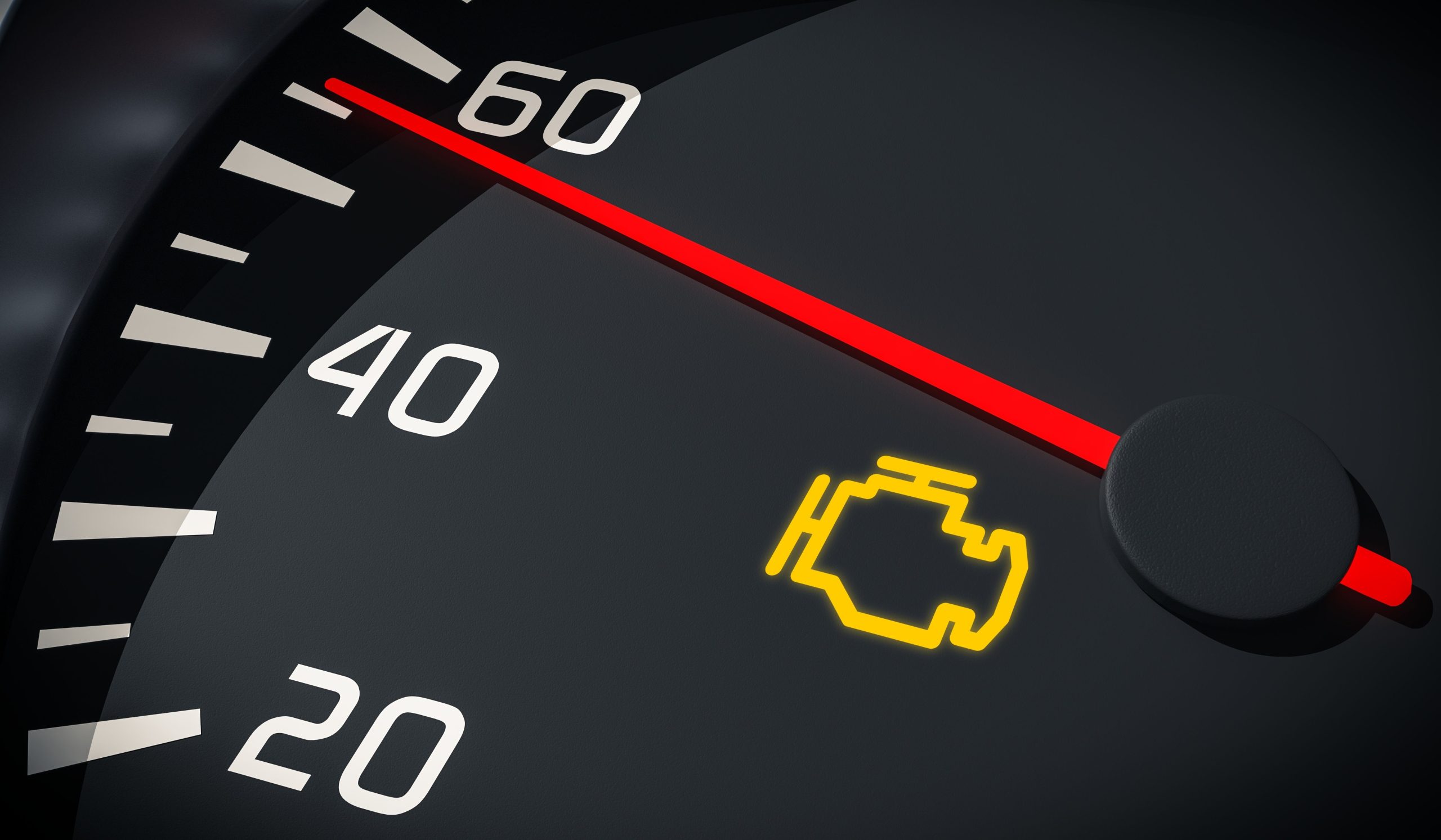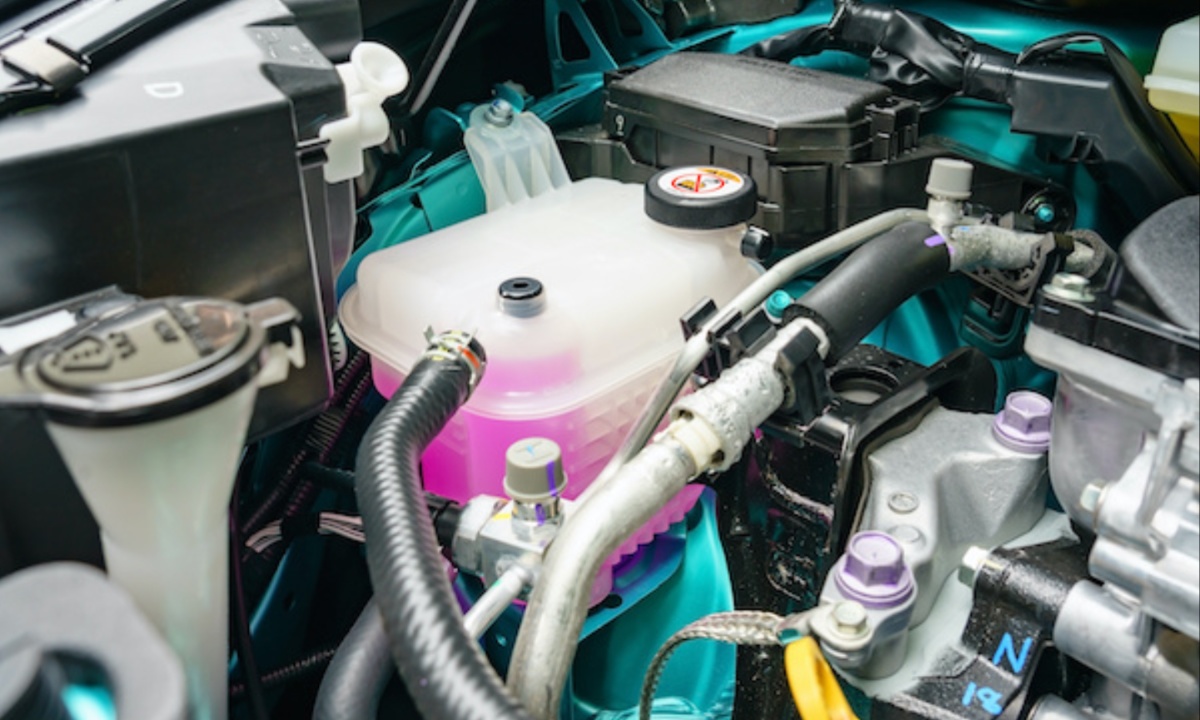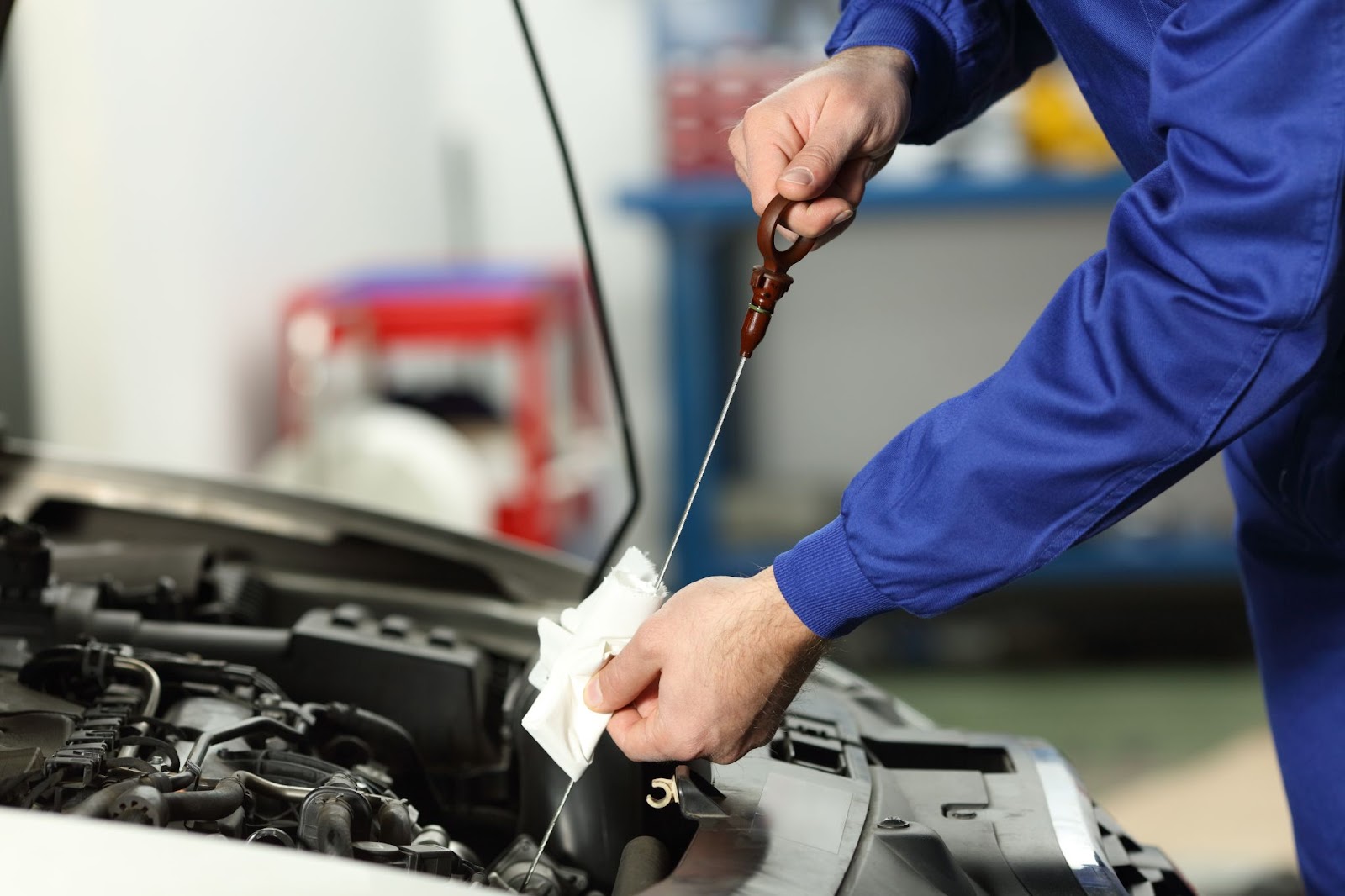Maintaining your car is essential, especially with the rising cost of new vehicles. With average prices now exceeding $47,000, keeping your car in top shape will save you from costly repairs and unexpected breakdowns. Regular maintenance not only prolongs the life of your car but ensures its reliability. By following simple steps like checking fluids, filters, and parts, you can prevent major issues from arising. Let’s take a look at key maintenance tips to keep your vehicle running smoothly.
One of the most important steps in car maintenance is changing the oil and oil filter. Regular oil changes, typically every 3,000 to 5,000 miles, help ensure the engine stays lubricated, reducing friction and heat buildup. Over time, oil becomes contaminated with dirt and debris, which can lead to engine damage. By changing the oil filter with every oil change, you remove particles that could clog the system and improve engine performance.

1. Keep an Eye on Fluid Leaks
Preventative maintenance starts by noticing small signs of trouble. Check for fluid leaks under your car when parked to avoid surprises later. Motor oil, coolant, or transmission fluid can leak when hoses or seals wear out. These leaks, if not addressed, can cause engine problems and costly repairs. By staying on top of these early signs, you can prevent further damage to vital components, ensuring your car continues running efficiently.
2. Inspect the Air Filter Regularly
The air filter is another vital component that helps keep your engine running smoothly. A clogged air filter can reduce engine efficiency, leading to poor performance and decreased gas mileage. Air filters trap dirt, debris, and insects, preventing them from entering the engine. If your air filter is dirty or clogged, replace it to restore airflow and maintain your vehicle’s fuel efficiency and overall health.
3. Keep Cool: Maintain the Cooling System
Your car’s cooling system prevents overheating, which could cause severe engine damage. The system includes the radiator, water pump, thermostat, and coolant. Regular checks ensure coolant levels are sufficient and that the system circulates fluid properly. If coolant levels are low, it can lead to overheating, which stresses the engine. Check the coolant tank and replace any components showing wear to keep the engine at a safe temperature.

4. Pay Attention to Dashboard Alerts
Don’t ignore the warning lights on your dashboard. These lights are designed to alert you to potential problems, like a malfunctioning battery, alternator, or engine overheating. The “check engine” light, for instance, can signal a wide range of issues. Ignoring these warnings can lead to more significant damage and costly repairs. When a light illuminates, schedule a diagnostic test to determine the exact problem and prevent further complications.
5. Spark Plugs: A Small Part, Big Impact
Spark plugs are essential for engine performance. They ignite the fuel inside the engine’s cylinders, allowing the vehicle to run. Over time, spark plugs wear out and cause engine misfires, rough idling, or poor fuel economy. Manufacturers recommend replacing them every 30,000 miles, but it’s important to consult with a technician to assess their condition. Replacing spark plugs before they cause problems is key to keeping your engine running smoothly.
6. Fuel Filter: Cleaner Fuel for a Healthier Engine
The fuel filter works similarly to the oil filter, removing debris and contaminants from the fuel before it reaches the engine. A clogged fuel filter can reduce engine performance, decrease fuel efficiency, and even damage the fuel pump. Replace the fuel filter at regular intervals or when advised by a professional to ensure the engine receives clean fuel and runs at peak efficiency.

7. Inspect the Cooling System Regularly
Regular inspection of your vehicle’s cooling system can save you from unexpected overheating problems. The system relies on the thermostat, water pump, and coolant to regulate the engine’s temperature. Ensure that the coolant is circulating properly and that the radiator is free of leaks or damage. If coolant levels drop, or the system shows signs of wear, it’s crucial to address it before it leads to engine stress and a potential breakdown.
The best way to prevent costly repairs is through regular car inspections. Schedule routine check-ups for your car to ensure every system is functioning properly. Whether it’s checking fluids, air filters, or spark plugs, a comprehensive inspection helps detect issues before they escalate. Regular attention to your vehicle ensures its longevity and can save you money in the long run by preventing major mechanical failures.
Maintaining your car’s engine and systems is vital for keeping it running smoothly and avoiding expensive repairs. Regular checks and replacing key components like oil, filters, and spark plugs can extend your car’s life. Paying attention to warning lights and keeping the cooling system in check also prevents breakdowns. By following these steps, you ensure your car remains reliable and efficient, helping you avoid unwanted repair bills and keep your investment intact.

